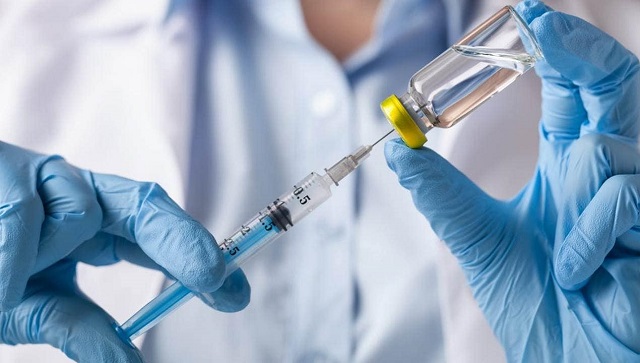Bengaluru: Over the past few days, a gender-neutral HPV vaccine that has been released in the Indian market has become a talking point. This new vaccine named GARDASIL 9 is launched by MSD Pharmaceuticals and it is a 9 valent HPV vaccine. But with this, the question arises that isn’t all vaccines gender-neutral? Were there any gender-specific vaccines to begin with? Firstpost spoke to experts to break out down for you. Vaccine per se is a very well-known disease prevention tool, thanks to the COVID-19 pandemic. So far, any gender-specific vaccine is unheard of, at least by common people. But, this new HPV vaccine is expected to give protection to a larger bracket of the society against a variety of cancers and other ailments and largely cervical cancer, experts say. Dr Vijay Agarwal, Head Consultant-Medical Oncology, Aster CMI Hospital simplified the whole issue. “Human Papilloma Virus or HPV is a sexually transmitted disease that is said to be one of the major reasons for cervical cancer. Cervical cancer is the second most common cancer leading to ‘death by cancers’ in India. HPV vaccine is available under various brand names in India. But it is not included in the National Immunization Program whereas several western countries have it." The commonest cause of cervical cancer are two variants of the HPV namely, Type 16 and Type 18. This is a sexually transmitted disease. Hence the vaccine is administered before a person becomes sexually active i.e., between 9 to 26 years of age. Cervical cancer is commonly seen in women who hail from low socio-economic families. The currently available vaccines are expensive making it worse. Until now, giving the HPV vaccine to men is not practised in India. One, because the target protection area is cervical cancer and hence women take natural priority over men. Two, because a larger population of women haven’t got access to the vaccine yet. There is yet another reason that oncologists note: The most common cancers caused by HPV in men is oral cancer but the number of such cases is comparatively very low since tobacco is the leading cause of oral cancers in India. Late diagnosis Irregular menstrual cycle and excessive bleeding are the most common symptoms of cervical cancer which is ignored to a greater extent. There is also lack of awareness and education that makes many women end up in hospital during final stages of cancer, observes Dr Agarwal in his daily practice. Coming back to the gender factor of the new HPV vaccine. If men are also vaccinated, transmission of infection to women can be majorly avoided. Vaccinating both boys and girls should happen at the age of 10 to 13 years. Parents themselves should be made aware of the importance of the vaccine so that majority of the population is vaccinated and several related ailments can be controlled. Cervical cancer will drastically drop for sure. The new vaccine is termed ‘gender neutral’ to bring in that awareness and push the population to go forward and get vaccinated. Any step towards better overall health of the society certainly should be considered, he concludes.
Human Papilloma Virus or HPV is a sexually transmitted disease that is said to be one of the major reasons for cervical cancer. Cervical cancer is the second most common cancer leading to ‘death by cancers’ in India
Advertisement
End of Article


)

)
)
)
)
)
)
)
)



